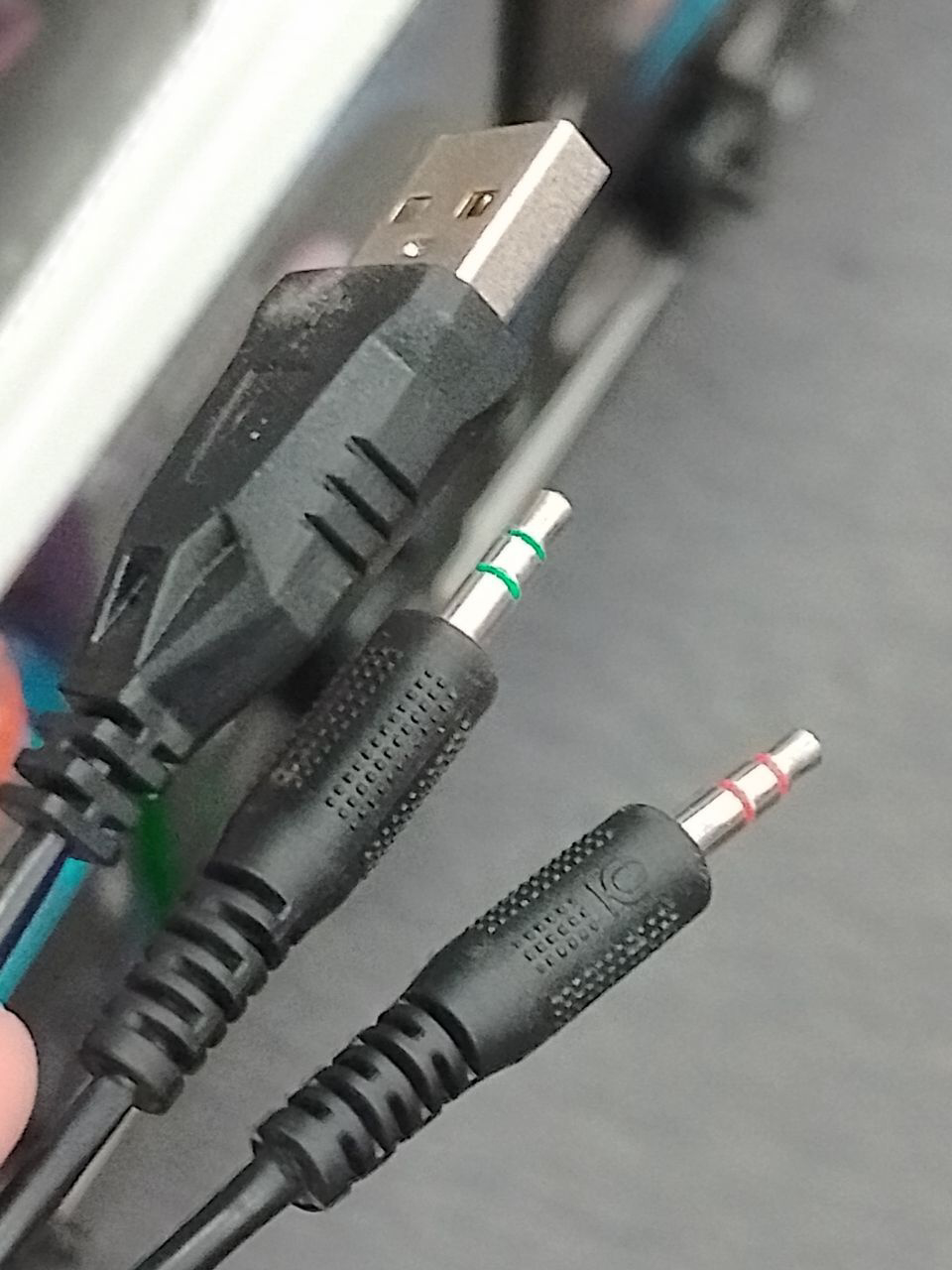this post was submitted on 09 Dec 2023
69 points (100.0% liked)
Technology
37724 readers
673 users here now
A nice place to discuss rumors, happenings, innovations, and challenges in the technology sphere. We also welcome discussions on the intersections of technology and society. If it’s technological news or discussion of technology, it probably belongs here.
Remember the overriding ethos on Beehaw: Be(e) Nice. Each user you encounter here is a person, and should be treated with kindness (even if they’re wrong, or use a Linux distro you don’t like). Personal attacks will not be tolerated.
Subcommunities on Beehaw:
This community's icon was made by Aaron Schneider, under the CC-BY-NC-SA 4.0 license.
founded 2 years ago
MODERATORS
you are viewing a single comment's thread
view the rest of the comments
view the rest of the comments

Thankyou for asking this question, I have no clue and you're making me think that a recent frontpanel audio TRRS jack board I designed might be wrong :D
There are two possible options I can see:
I cannot find any good references or info about mic bias and TRRS connectors :( Anyone else have any luck? Wikipedia says it's a standard referred to as "CTIA" or "AHJ" but those appear to be company names, not standard names.
My current headset uses a TRRS, but also provides an extension cable that splits into two 3.5mm TRS just like yours. I might probe it out and find out what it's doing (but that doesn't mean it's the right/universal solution).